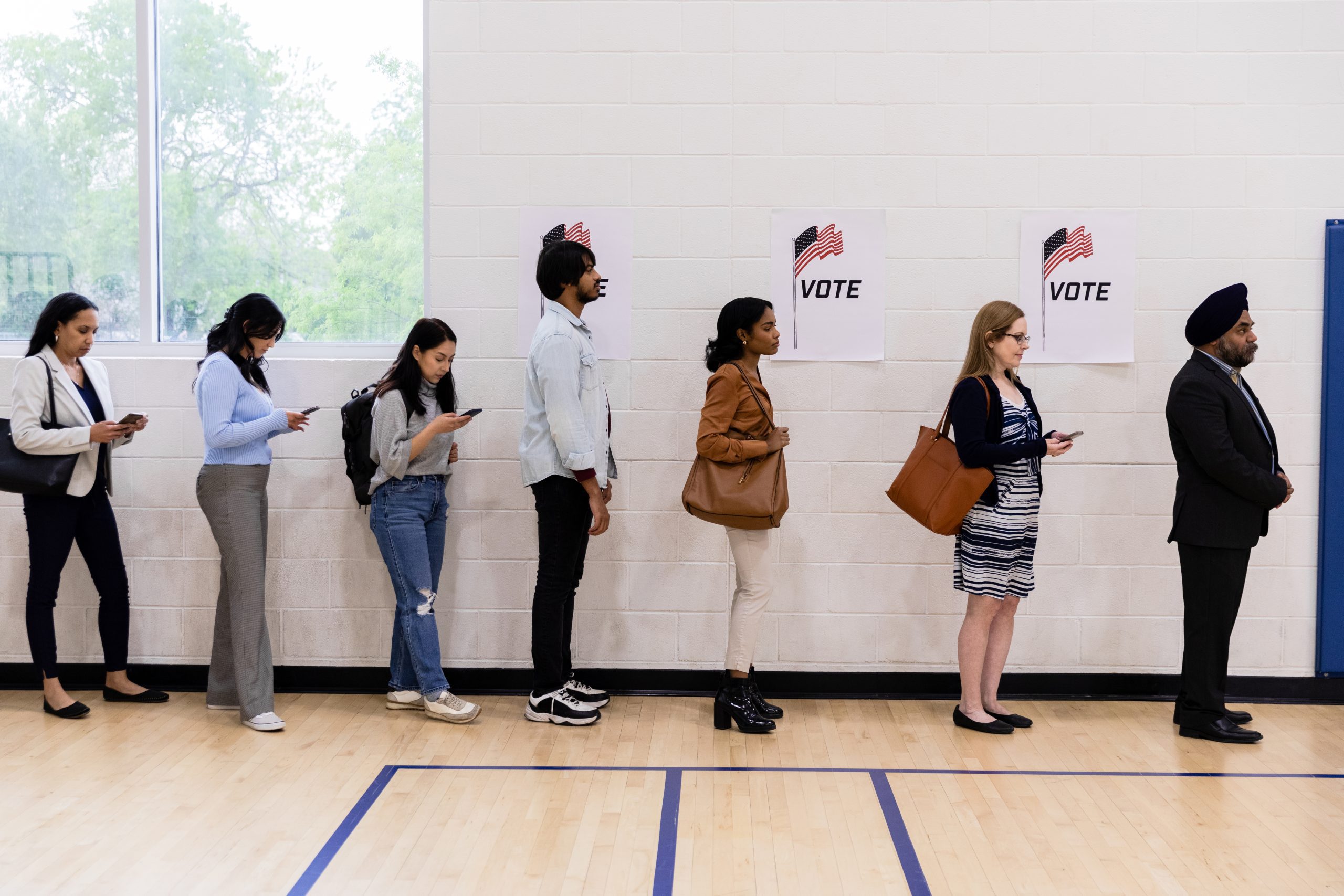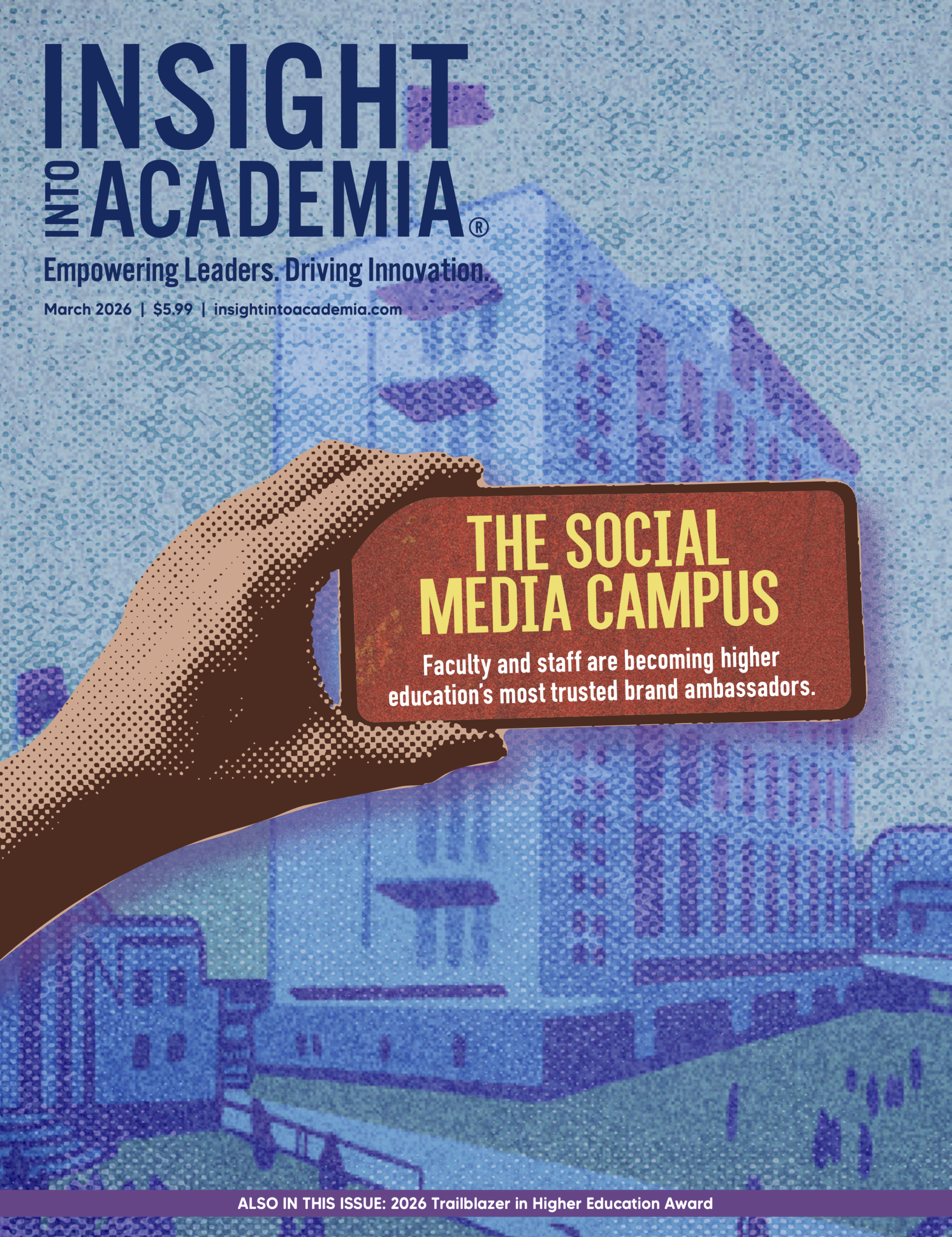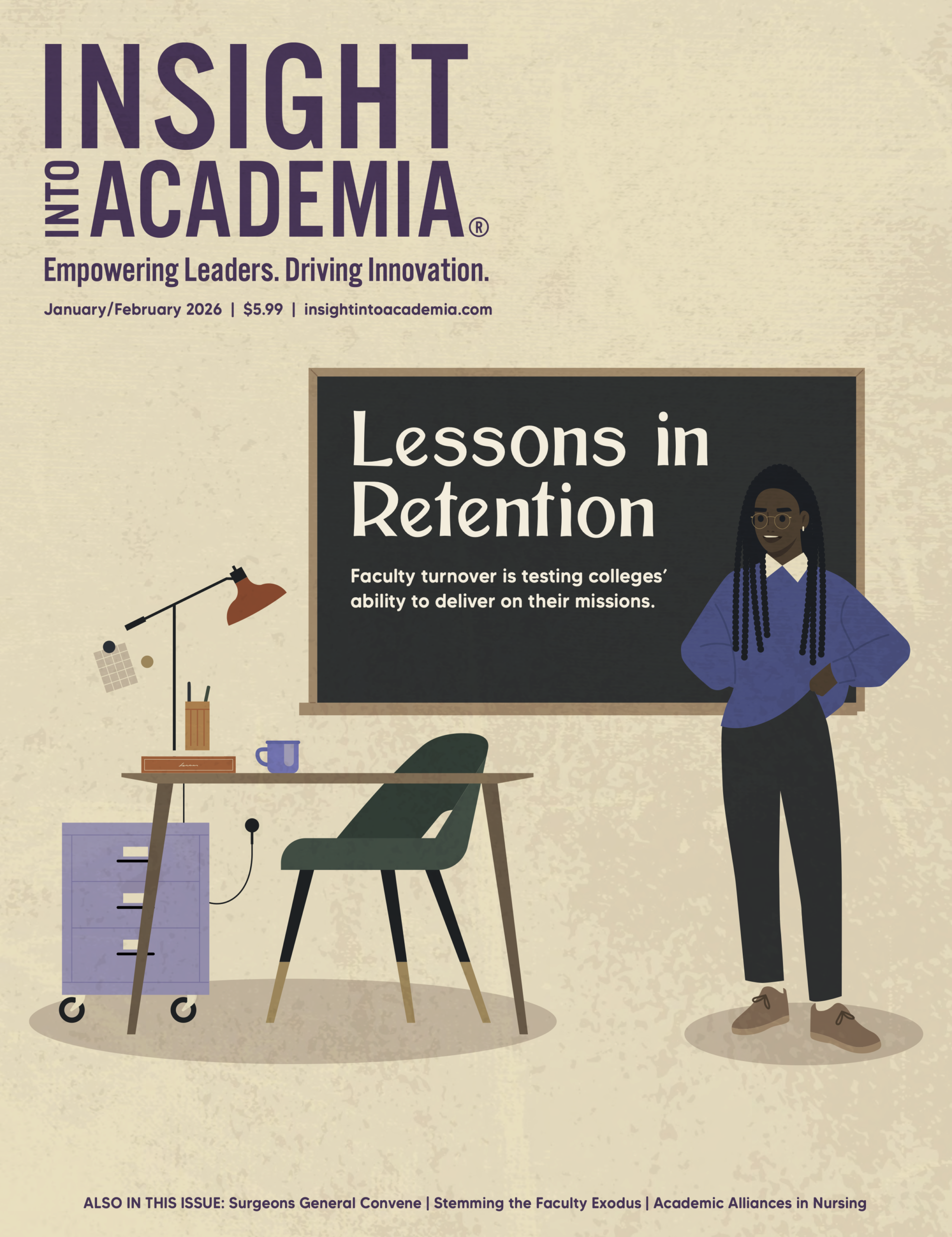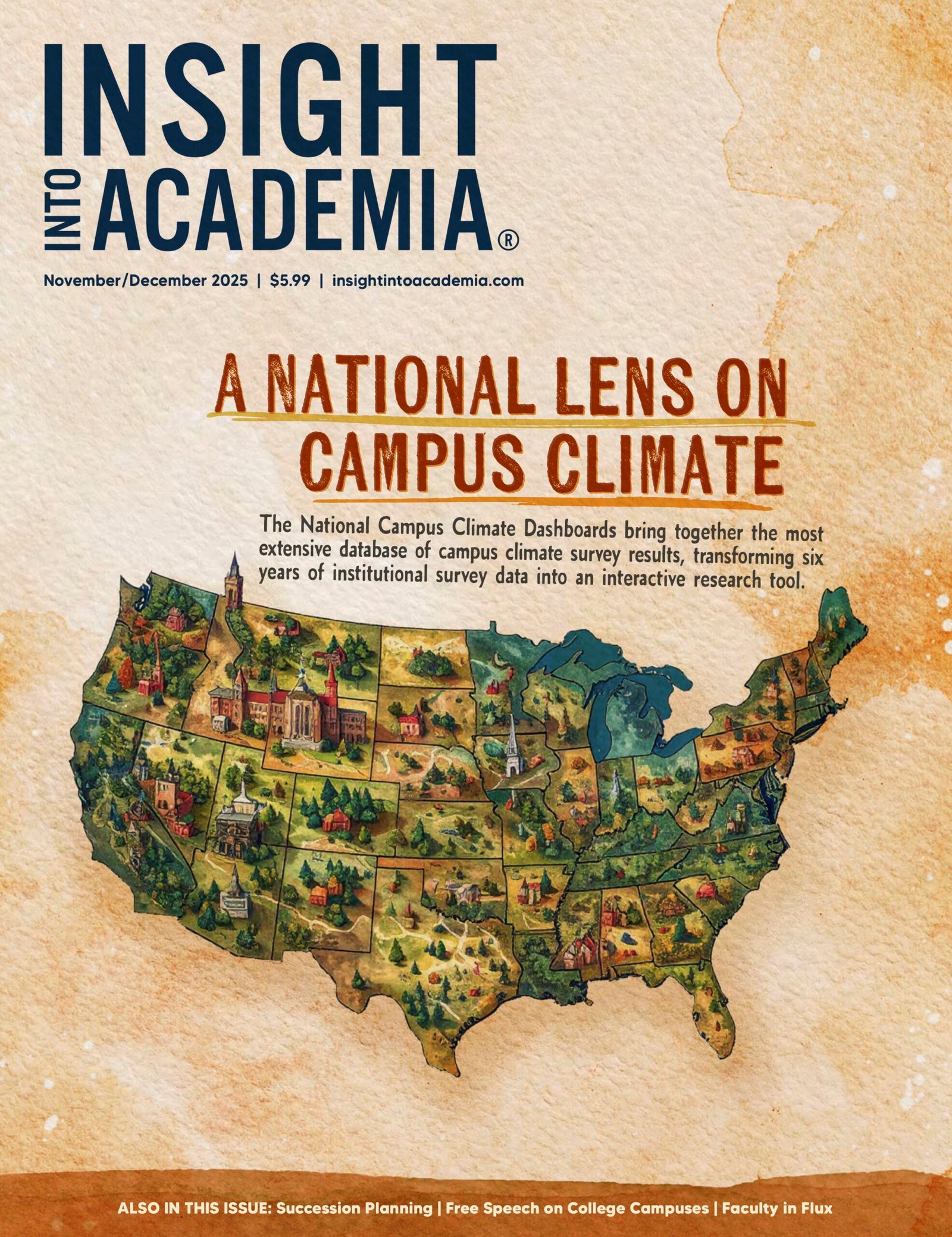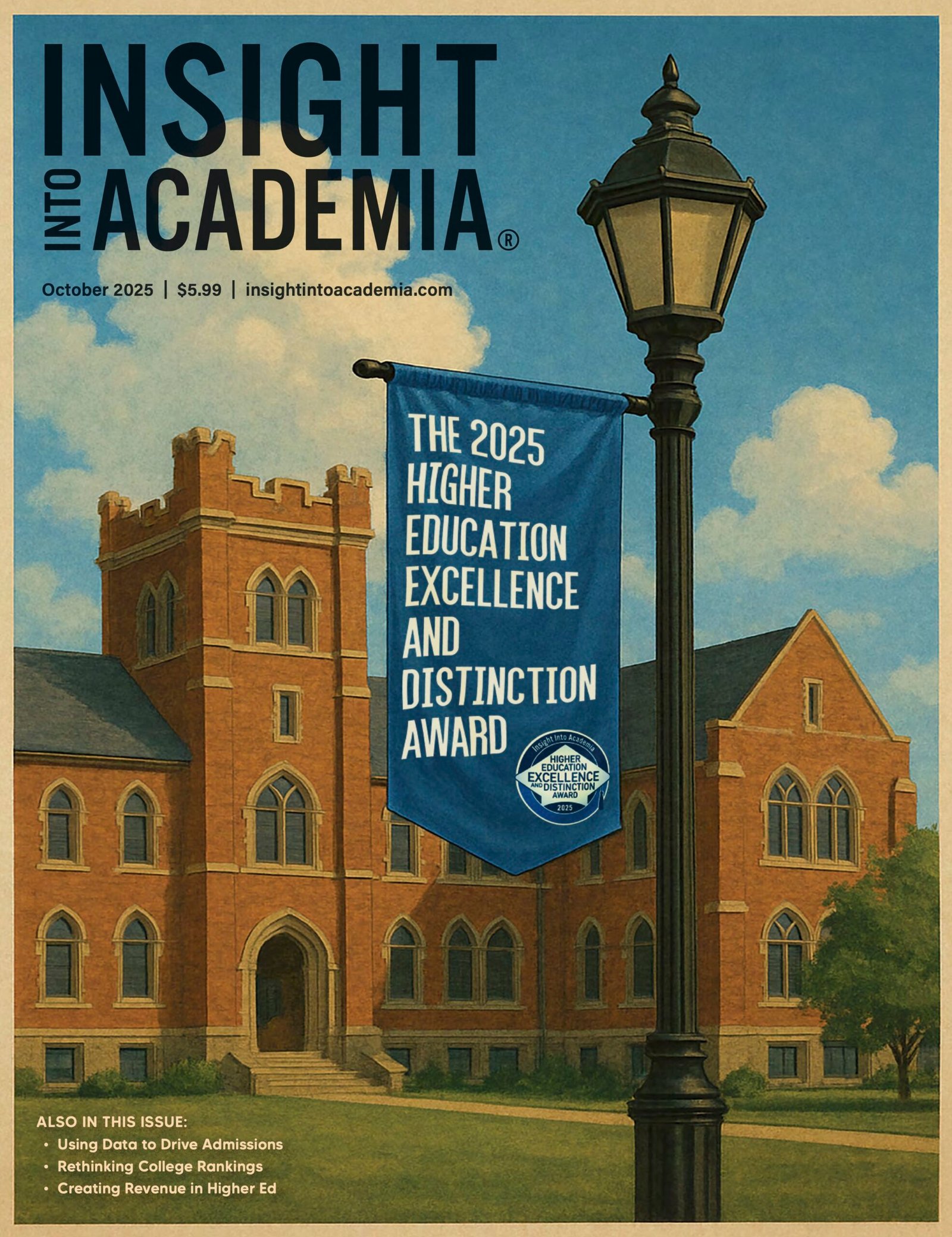As the 2024 general election approaches, some colleges and universities are ramping up their efforts to bolster student engagement and education in democracy. With an increasingly polarized political climate and a multitude of legislative challenges throughout the country, campuses are leveraging innovative strategies to encourage voter participation and civic involvement.
A recent survey by the Campus Vote Project (CVP) reveals that while nearly three-quarters of college students are enthusiastic about voting, about one-third remain skeptical about the impact of their vote. Schools are working to dispel this notion by highlighting examples of significant youth influence, such as the 2020 election’s impact on Congress.
Logistical hurdles also pose a barrier, with many students facing complex voting processes. To address this, campuses are enhancing accessibility by offering detailed voting plans, disseminating absentee voting information, and setting up ballot drop-off boxes.
Specific demographics, such as first-year and Black students, show heightened doubts about voting efficacy. To combat this, universities are incorporating targeted messaging into orientations and classes, focusing on issues like mental health and climate action for first-year students and collaborating with Black student groups and historically Black colleges and universities to address concerns such as college affordability and police brutality.

Efforts to connect students with candidates and provide nonpartisan information are also crucial. Colleges are hosting candidate visits, virtual town halls, and educational sessions to bridge electoral process knowledge gaps, ensuring that students are well informed and motivated to participate. These initiatives are especially critical given certain state legislatures’ attempts to restrict voting, says Mike Burns, the national director of CVP.
“While we are seeing an alarming number of state legislatures introduce and pass legislation aimed at making it harder to vote, it has been reassuring to see the effort higher education institutions are showing to help their students cast their ballots and get engaged in democracy,” he said. “It is so important that students are able to make their voices heard and get civically involved early. Young voters make up the most diverse generation our country has ever seen and therefore making campuses voter friendly is how we make our elected leaders more representative of the population they serve.”
Amid these efforts, the Voter Friendly Campus designation program, spearheaded by CVP and NASPA — formerly the National Association of Student Personnel Administrators — released its 2022 report highlighting how higher education institutions are combating state-level attempts to hinder student voting. The report showcases 262 campuses that have excelled in fostering voter engagement.
For example, Montclair State University has addressed previous confusion caused by its campus spanning across two congressional districts by implementing personalized voting information systems — detailing students’ polling locations, ballot information, and voting options based on their location.
University of North Carolina at Pembroke boasts an 89% voter registration rate by prioritizing registration at major campus events, while Florida A&M University integrates civic engagement into its campus culture through alumni involvement and voter education.
In addition, several universities, including Brown University, Old Dominion University, West Virginia University, and The George Washington University (GW), have designated Election Day as a university holiday. This move, aimed at encouraging voting by closing offices and canceling classes, underscores their commitment to civic participation.
“Every four years, this process ignites the innate passion for democracy and civic engagement that defines our university,” GW President Ellen M. Granberg wrote in a statement to the university in July. “From canvassing and campaigning to providing expert commentary, engaging in debate, and voting, our faculty, students, and staff are involved in every aspect of the democratic process. …This is an important moment in our nation’s history, and the George Washington University stands at the epicenter of critical political discourse and action.”

The Engage Democracy 2024 series at Washington University in St. Louis further illustrates a campus commitment to democracy. The series includes nonpartisan events including debate watch parties and speaker panels designed to enhance voter education and civic engagement.
Additionally, the American Association of State Colleges and Universities’ American Democracy Project is offering virtual workshops throughout 2024 to prepare campuses for elections and increase voter engagement. They equip faculty, staff, and administrators with strategies to foster a culture of civic participation and open debate.
As campuses continue to adapt and innovate, they play a crucial role in shaping an engaged and informed electorate. By addressing barriers to voting and promoting civic education, colleges and universities are reinforcing their commitment to democracy and ensuring that students are prepared to make their voices heard in the upcoming election.


